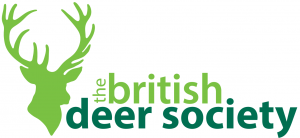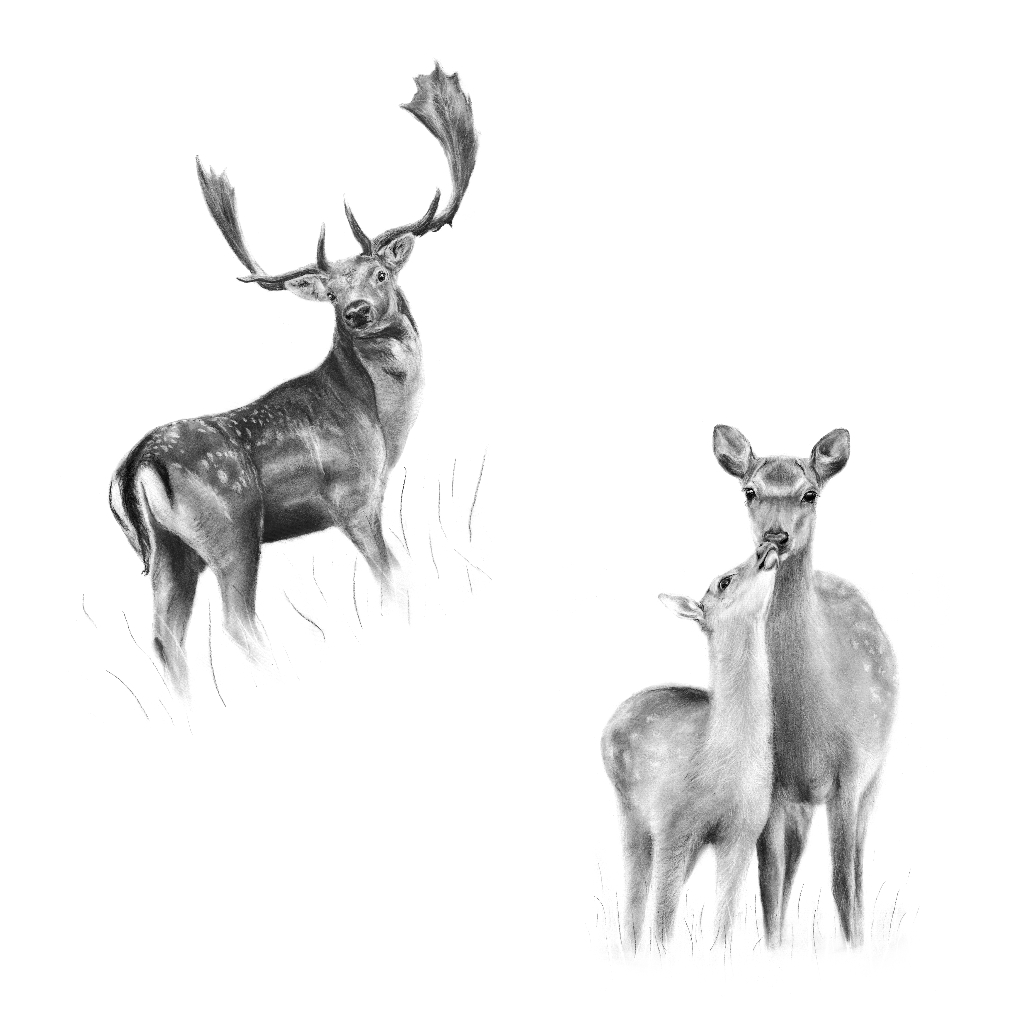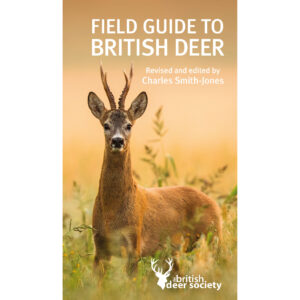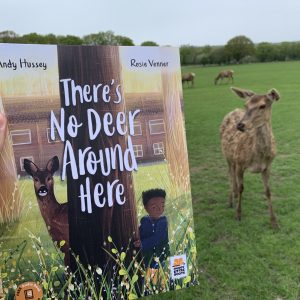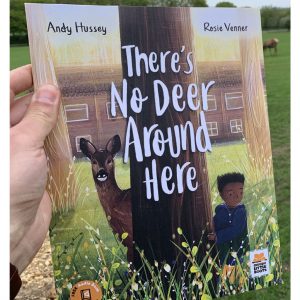Ask BDS: Does the BDS Investigate Wildlife Crimes?
Share article:
Article by:
Charles Smith-Jones, Technical Adviser, British Deer Society
Does the BDS Investigate Wildlife Crimes?
Wildlife crimes are a serious concern for us and members of the public alike. The British Deer Society is frequently contacted by individuals seeking advice or action regarding suspected wildlife crimes. This article gives a detailed overview of how the BDS handles such inquiries and collaborates with relevant authorities.
Responding to Concerned Individuals
When individuals suspect a wildlife crime has occurred or is in progress that relates to deer, they often turn to the BDS for guidance. The BDS responds to these inquiries with careful consideration, providing advice on relevant laws and suggesting appropriate actions the person may wish to take.
Contacting the Right Authorities
If it’s suspected that a wildlife offence has been committed, the BDS typically directs the concerned individual to their local police constabulary’s wildlife crime officer. Many police forces have dedicated departments focusing on wildlife crime, with web pages dedicated to the subject. The following link provides a list of police forces and other agencies who have wildlife crime/rural crime information pages. https://www.nwcu.police.uk/wildlife-crime-links/
Alternatively, individuals may be advised to report the matter through the non-emergency telephone number 101.
Urgent Situations
In cases where a wildlife crime is ongoing or poses a risk to people, individuals are urged to contact the police directly via the emergency 999 telephone number. Any suspicion of deliberate poaching activity should be reported to the police without delay.
Dealing with Incidents Involving Dogs
Incidents involving the pursuit of deer or other wildlife by dogs present a unique challenge. While there are laws governing the actions of dogs that endanger people or chase livestock, there is no legal obligation to report incidents of uncontrolled dogs attacking wildlife. However, according to guidance provided under The Control of Dogs (Scotland) Act 2010, dog owners have a responsibility to ensure their dogs are under control at all times, including when encountering wildlife. Failure to control a dog in such situations may result in prosecution under the Act, which could lead to penalties such as fines or other measures outlined in the legislation.
Moreover, deliberate hunting of certain species or deliberate cruelty towards wildlife is prohibited under relevant legislation, including the Hunting Act 2004, the Wild Mammal Protection Act 1996, and now, The Hunting with Dogs (Scotland) Act 2023. Perpetrators of such acts may face legal consequences, including prosecution and potential penalties.
Under The Hunting with Dogs (Scotland) Act 2023, specific regulations govern the use of dogs for hunting wild mammals, including deer. Exceptions and limits on the number of dogs permitted for various purposes have been established. NatureScot has the authority to issue licenses for exceeding these limits under certain conditions.
It is essential for dog owners to be aware of their legal responsibilities regarding incidents involving their dogs and wildlife, and to take appropriate measures to prevent such occurrences.
Countryside Developments and Wildlife Protection
Concerns regarding countryside developments, such as housing or wind farms, often arise. While all deer are protected under the Deer Act 1991, they may not receive special consideration in land development projects. However, the presence of other sensitive species may impact planning decisions more significantly.
BDS’s Role and Limitations
As a charity, the BDS does not have statutory powers to undertake in-depth investigations or pursue prosecutions. Additionally, it lacks the resources to maintain a legal department. Therefore, legal matters are typically referred to the appropriate authorities with the mandate and resources to address them effectively.
Providing Specialist Advice
Despite its limitations, the BDS stands ready to provide specialist advice to authorities on matters affecting the welfare of deer. Examples include providing court impact statements for poaching prosecutions, advising on deer presence and mitigation strategies, and assisting with identifying and classifying imported antlers.
In conclusion, investigating wildlife crimes requires collaboration between concerned individuals, organisations like the BDS, and the police. By working together, we can protect our wild deer.



